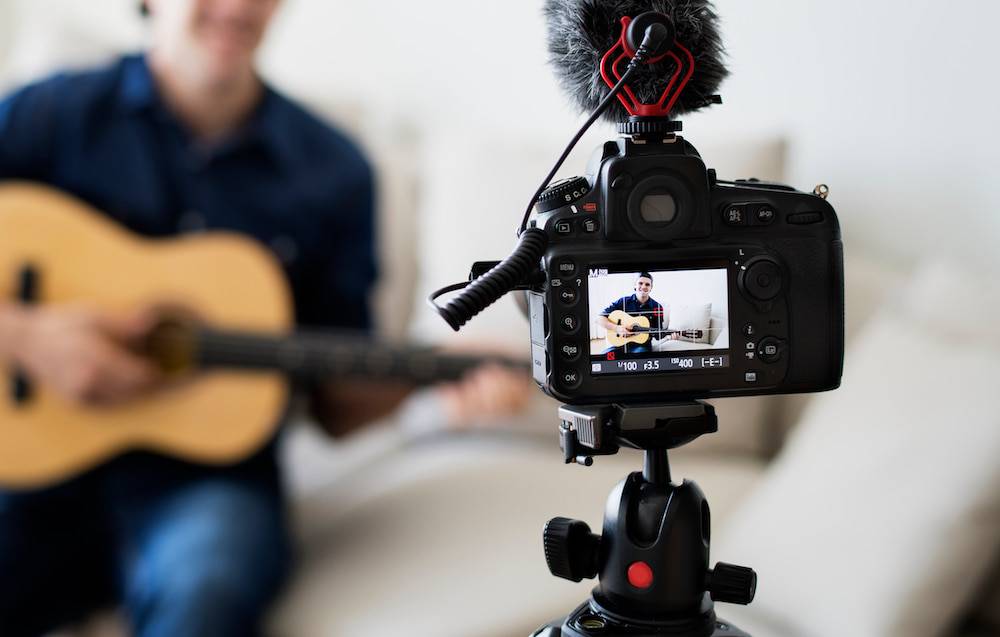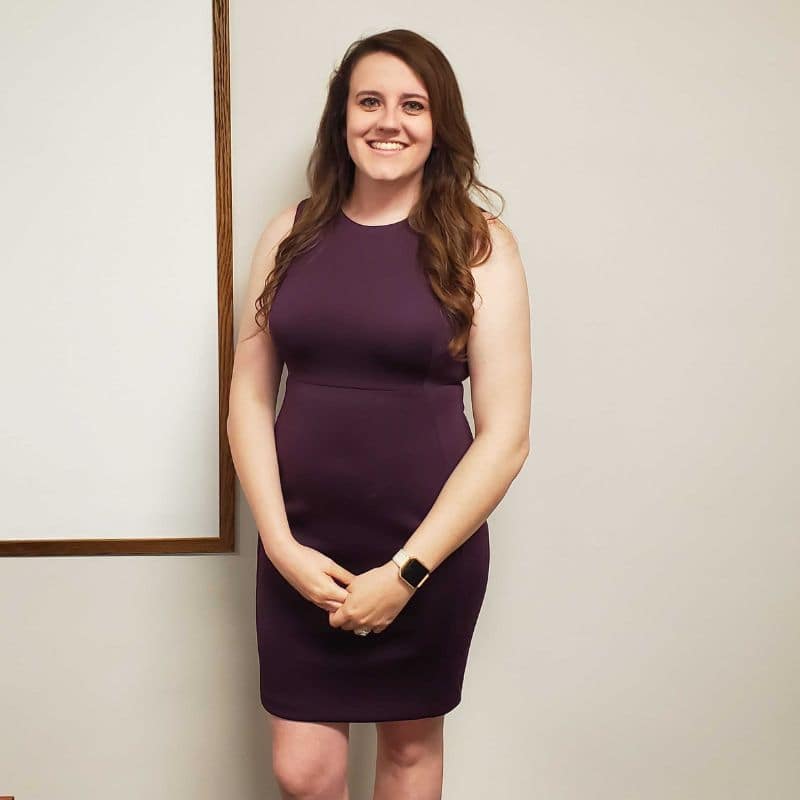7 Tips for Practicing Between Private Music Lessons

“Practice makes permanent.”
This is a saying that is applicable whenever playing music, whether you’re just a beginner or even an expert. So it’s not enough to stop after your private music lessons. There should be follow throughs after this for you to be able to master your craft and refine it to a more elevated level.
Here are some tips on how you can make the most out of your practice sessions.
1.) Set Your Goals Prior To Your Practice Time
Before you sit in front of your instrument, ensure that you know what you want to achieve. Knowing your end goal will enable you to develop a practice plan that will be the basis of your practice timeline.
First, understand what you want to accomplish. Do you need to work on your breathing stamina to prepare you for a difficult piece? Do you need to master a piece, or do you need to memorize a piece? Do you need to soften your fingers since you haven’t touched your keyboard for a while after you came from a vacation? Whatever it is, make sure that it’s clear from the start.
Once you know where you want to go, craft your plan. Keep in mind that your goals may not be attainable in just one sitting. Some may last for a week, while some might even take you a month to accomplish. With this in mind, it is better to plot your timings, so your progress is easier to track.
2.) Practice Everyday
Remember, practice smarter, not longer. However, for your practice sessions to be more effective, ensure that you’re practicing daily. It does not have to be a full one to two-hour session. Depending on your goal, you may opt to set aside as little as 30 minutes for this endeavor.
As a starter, determine which time of the day you’re most comfortable in to squeeze your practice time. If you’re a morning person, make sure to wake up earlier than usual so that it won’t interfere with your studies or work. It’s also acceptable to have it in the evening. A couple of musicians use their practice sessions as their relaxation time, so it’s easier for them to go to sleep.
Should there come a time that you missed a session, make sure to cover this by adding around 15 minutes to your next one.
3.) Set Up Your Practice Room Early
Before anything else, you need to set up your practice room prior to beginning your session. Here are several things that you have to consider when arranging it:
- Ensure that it’s free from distractions. For example, do not put your gaming consoles, television, board games, or books in the same room. You might be tempted to engage with these should you face difficulties while playing your instruments.
- Arrange your room for it to have enough light. You don’t want to practice in a dark space, for it might only keep you sleepy and less inspired to do the work.
- Layout your tools in the room, so it’s easier to access them when practicing. These tools may range from your tuners, music books, pencils, metronome, mirror, practice logs, and other necessary accessories.
4.) Take Care of Your Musical Instrument
Your musical instrument is your primary partner in your musical journey. It’s not enough that you’re a good musician. Side by side with this should be an instrument that is at its top condition at all times. Your musicality will be affected if there are instances where its quality won’t be good. Believe us, you will face problems, and these are concerns you don’t want to experience every time you are practicing.

5.) Record Yourself While Playing
You need constant feedback to improve. This may be easy to receive during your private music lessons since your teacher is there to give it to you. But, who will do this during your practice sessions? The simple answer is… YOU!
How will you do that? The best strategy to go about this is to record yourself. Depending on your musical instrument, you may opt to shoot a video of you while playing, or if you’re not comfortable doing that, you may resort to just recording the audio. This will enable you to review your performance and spot mistakes and opportunities you might have missed while playing. Some of these misses may range from tone issues to breathing patterns.
6.) Reward Yourself On Your Wins
You don’t have to be too serious all the time. You also have to celebrate your wins once you have achieved all of your goals. You may reward yourself for something as simple as practicing for one week straight to something more complicated like mastering a difficult piece. It’s your choice.
Keep in mind that you won’t have to shell out too much money for this. You just have to engage with something you enjoy doing. Your reward may either be just getting a pedicure, buying a book you’ve been meaning to buy, or eating your favorite cake.
Having this mindset will inspire you to practice further and learn and have that morale boost.
7.) Keep Track of Your Mistakes
Practicing is a great opportunity to learn on your own. However, it’s not going to be easy, and you’ll face various obstacles along the way. So, aside from spotting them during this time, always remember that this is also the best time to take note of them and correct them.
One way to keep you on track is to ensure that you have a logbook. List down which areas you’re having a difficult time and list down your progress should you start addressing them. You may even maximize your sheet music to do this. Circle the parts of the song you’re having trouble with, whether it’s the notes or chords, so you can keep coming back to them.
Take your music practice to the next level with these tips. Rest assured that applying these will definitely pay off in the future. Good luck with your music journey!

